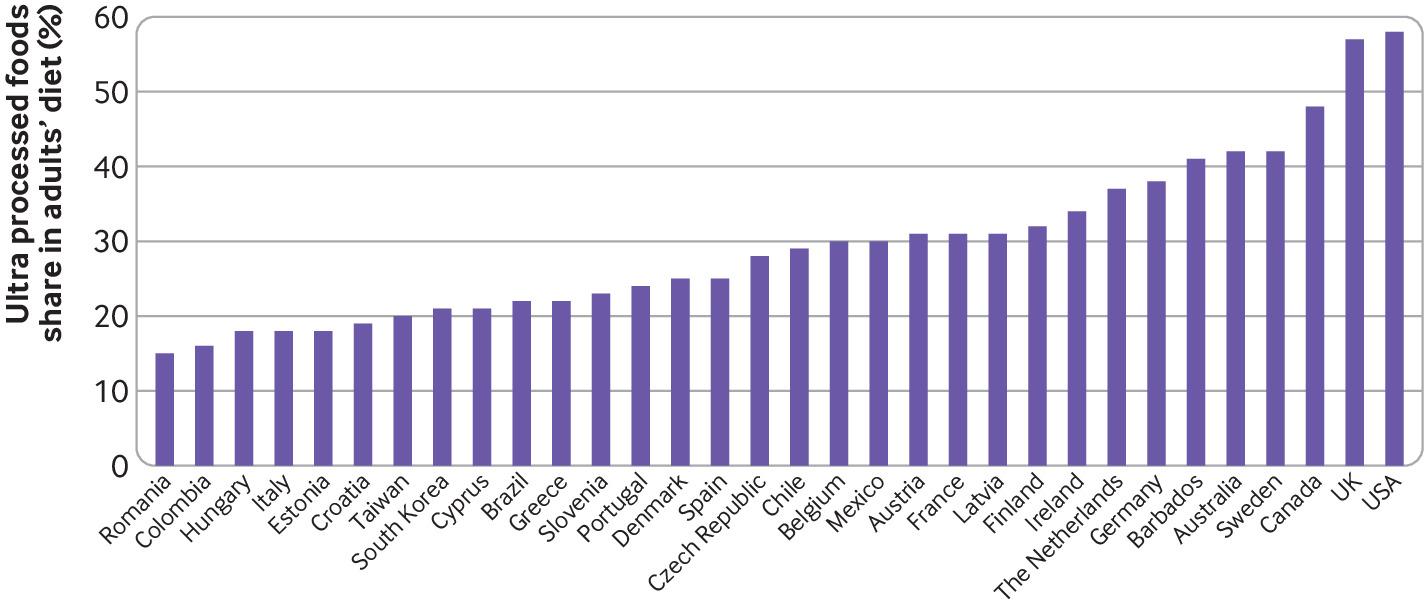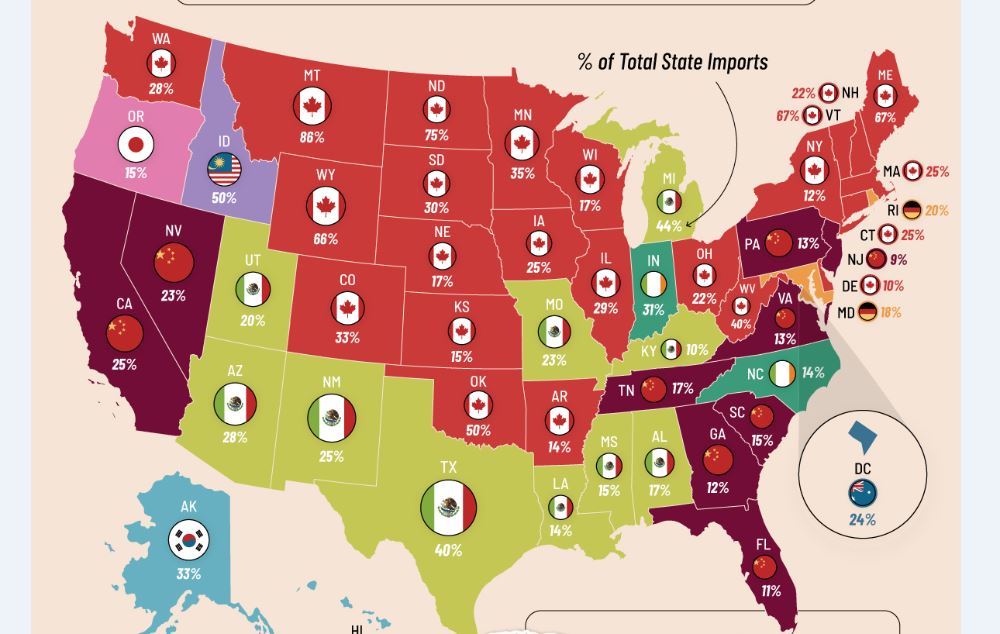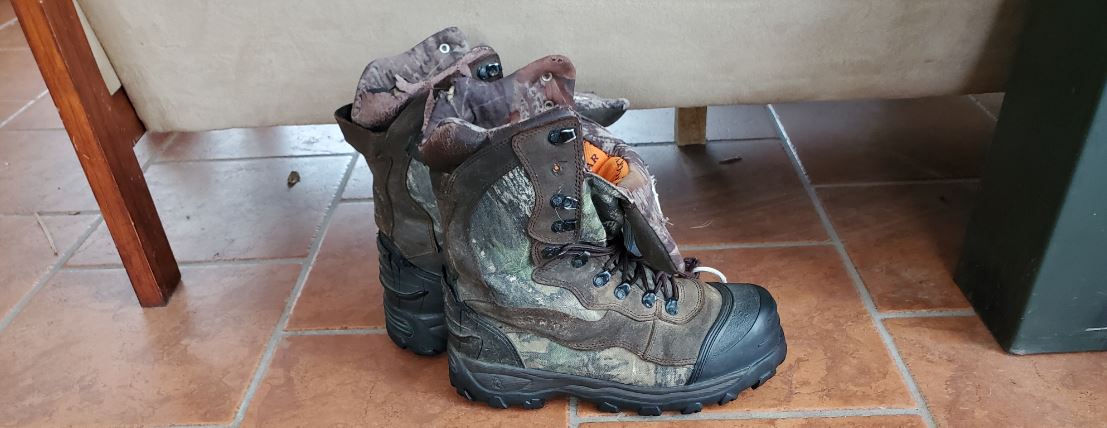
A week ago, when I posted about my house in a different timeline, I looked up my first house on the county auditor site. I bought it on April 28th, 1992, and sold it on April 28th, 1998. Owning it for exactly six years is notable, so an anniversary post seemed like a good idea.








